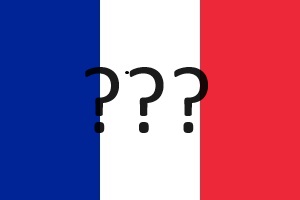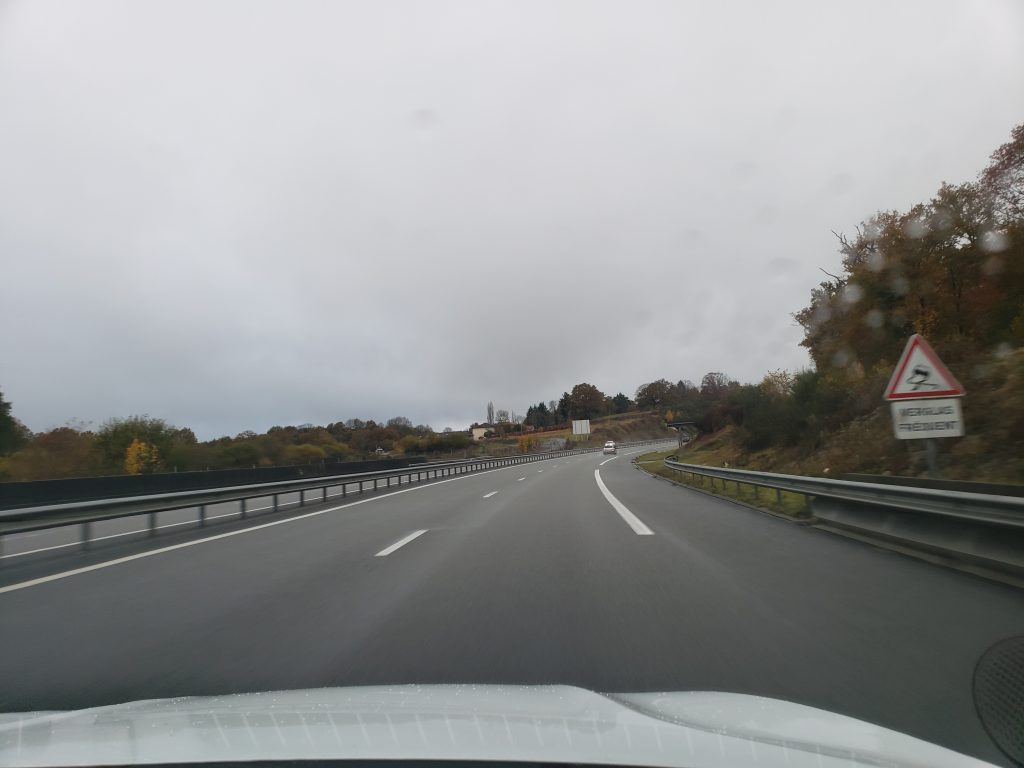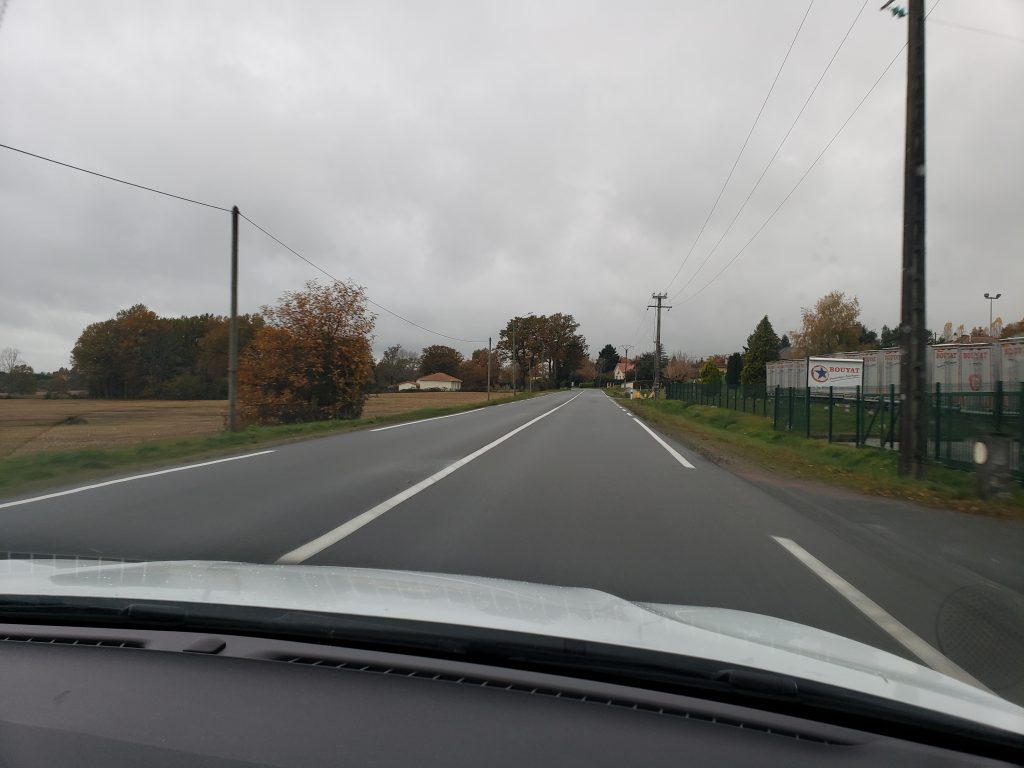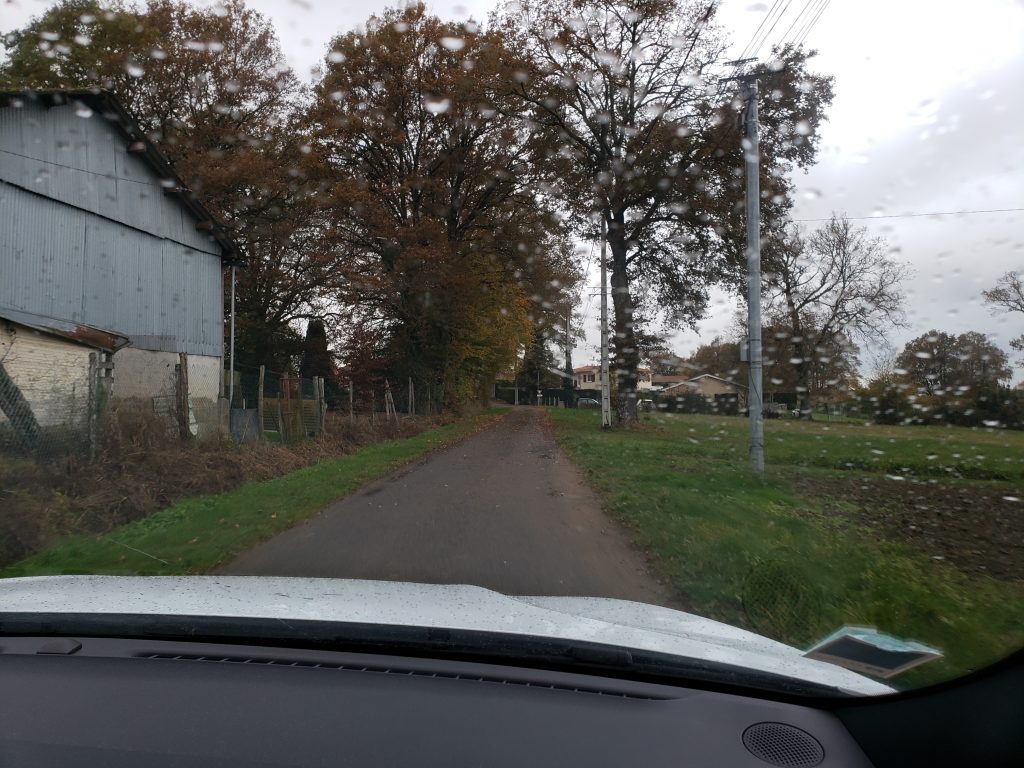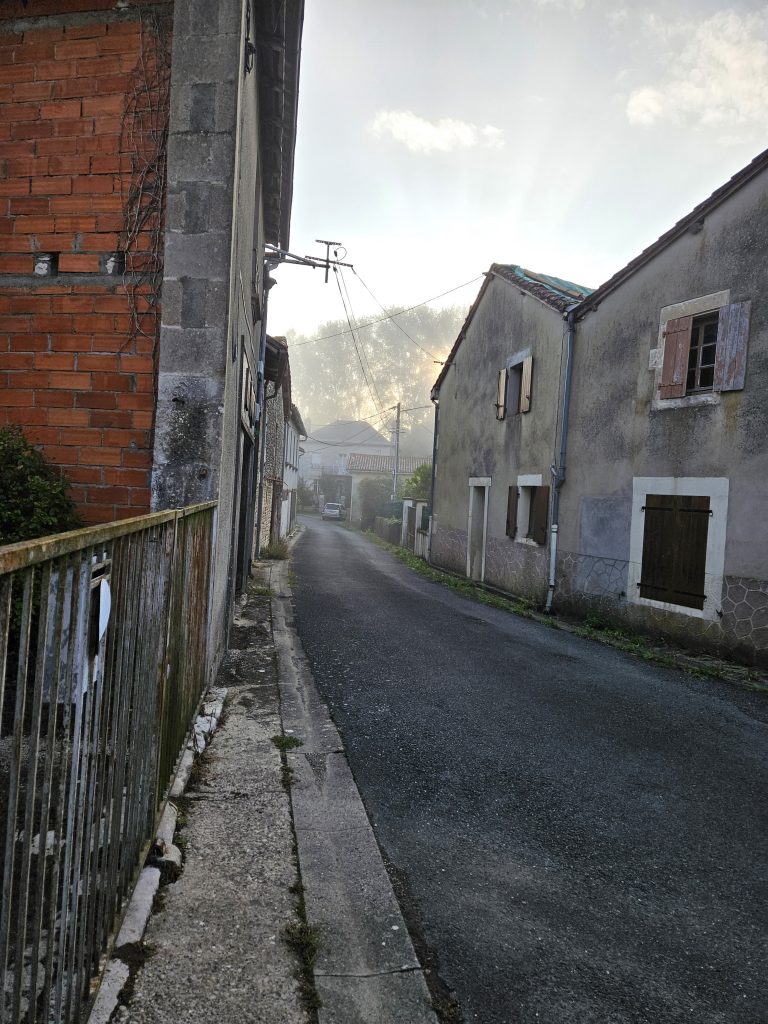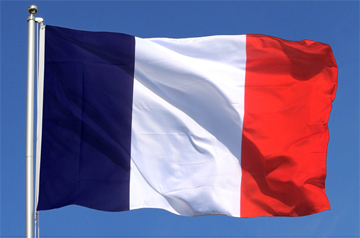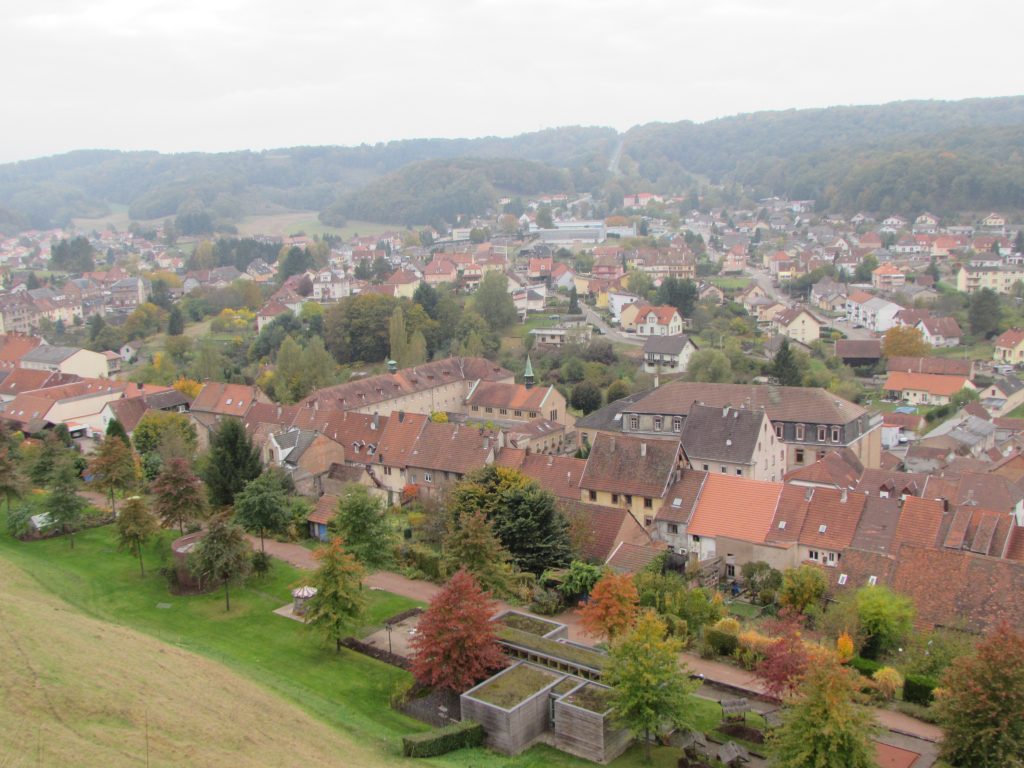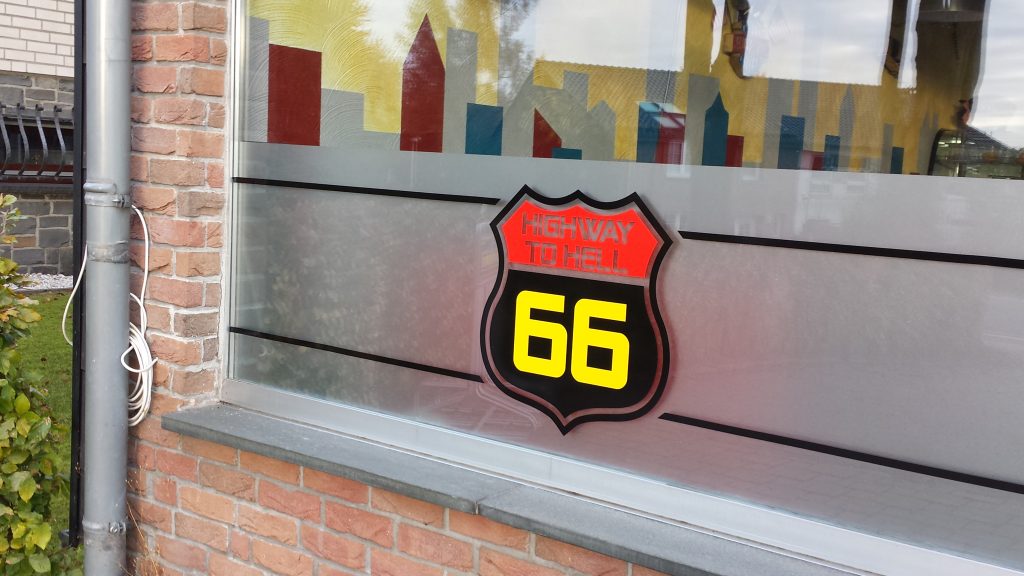
Place Charles deGaulle and the Eifel Tower, November 2019
So, when last I left off we had written off Germany, Portugal, Ireland, The United Kingdom, and the smaller countries of western Europe. That does leave, in terms of size, Spain, Italy, and France. (Switzerland prices things in Swiss Francs and a lot of them. Too many, in fact.) Spain is nice, and I did speak some Spanish (still do) but what with the world warming we are afraid that Spain might get too hot to be comfortable, albeit that the people of Spain are almost always pleasant to be around. Italy, well, same thing. Geographically, Rome is at about the same latitude as good old Tiffin, Ohio, but it’s a lot warmer all year long. (It snowed the first time we were there, though.) And there is the problem of double taxation, which, what do you know, does not exist between the United States and France. Whatever tax one pays in the US is credited against taxes owed in France. Tami was planning to work from home for her old employer (that didn’t work out) so this was important. (France does not tax pensions, so retirement income from Social Security or a private pension is free so far as France is concerned. So is the national insurance, for the same reason, but they start charging at various rates when your income rises, pension or not.)
So, France. We made a couple of exploratory trips to scope out where we might want to live. We saw the Strasbourg area as a part of our German vacation, I visited the Cote d’Azur in my twenties, we had been to Paris more than once at that point, and we read all we could about the various regions of France (just slightly smaller than Texas, so it has actual regions.) We visited in the Spring and did some preliminary looking at houses, but when we came in the fall of 2021 we were determined to find a home for us in France. I don’t want to make house hunting seem like it’s tough or anything, but when I visited for three months the next Spring I had a visceral reaction to seeing House For Sale signs. Well, that’s passed, thankfully, but what I’m getting at is that we saw houses almost every weekday for three weeks, and played tourists on the weekend. That is because in France, people work their hours and then they disappear home. They “work to live” rather than “living to work” as do many Americans. After a while I’ve come to appreciate this attitude, but it seemed odd on this trip. For example, one day we stopped in a real estate office asking to see some properties and, instead of jumping up to show them to us (which is what I used to do when I was in that business) we were told that they were too busy, but set an appointment for tomorrow and we’ll do it. What?? Yes, the French are serious about their personal time, friends. In spite of this little surprise, we managed to see quite a few houses, usually several per day. We looked as far away from our rented unit (near Jonzac, if you’re curious) as Limoges, and around Northern Charente, and even into Vienne. Well, one of these places in Vienne is what we ultimately decided to buy, and here we are. In a valley with babbling brooks and adjacent to the Charente river (not our village, but the commune of the same name.) That’s the story, now here’s the advice.
As another blogger said recently, if you like everything about France, you aren’t ready to move here. Honestly, it’s just living somewhere. There are things about France I like a lot, and things that I think are stupid. That last category? The *&^%$ bureaucracy. Unbelievable. (I have been much happier since I simply accepted that it is what it is, so to speak.) In the former category, the food. The United States has many wonderful features, but overall, the food isn’t among them. I don’t mean the recipes, I mean the simple quality of the food, where in France you can get Whole Foods quality produce at any supermarket, and better than that at a farmers’ market. Meats are better, dairy is better (and sterile so you can store it in a cupboard until you need it) and, well, it’s all better quality. So, here’s what you should do if you’re planning to move to another country (not just France.)
- Research, research, research! You can’t know too much. Learn everything you can about the country before you decide to move there.
- Visit more than once. Look around, check out the cities and the countryside. It’s a lot of work moving across an ocean, so don’t make a mistake.
- Learn the language! This seems obvious, as they speak French in France, Spanish is Spain, Italian in Italy, and so forth, but there are people who have lived in France for fifteen years who can’t speak enough French to order a pizza. No kidding. For me, Spanish was easier to learn than French, but now I can speak both languages, uh, sort of anyway. I find French comes in very handy for making hair appointments, buying from a market, talking with neighbors, and filling in government forms.
- Be prepared to be frustrated. We did those first three things but still met with a lot of frustration just living day to day. All the academic French you’ve ever learned will not help you communicate with the natives. Spoken French is not the same language as Written French. (It’s a lot easier, hint hint.) And you will have your first experience with the bureaucracy when you apply for a visa. I’ve read that some other countries are even worse, so be ready for that. Here’s a hint: that Visa experience is the easy one. Be ready to submit, and re-submit, multiple documents.
- Don’t isolate yourself once you arrive. Most people are fine with helping you learn French. The guy who does the village landscaping taught me some past tense usages, for instance. The first place I went was to the local bar, where I introduced myself to the owner. It wasn’t long before “the American couple who bought the old chip shop” was known throughout the commune. (Yes, we do own an old chip shop. We’re converting it to a living space.) Tami volunteers at an animal charity. Attend local events. Don’t expect instant friendships, as the French are culturally a bit introverted. This is fine, really. Once they like you, they’ll like you forever.
And that’s about it for our move to France. Let me know if you liked it, and also if you liked my advice for newbies. Until next time, au revoir!
